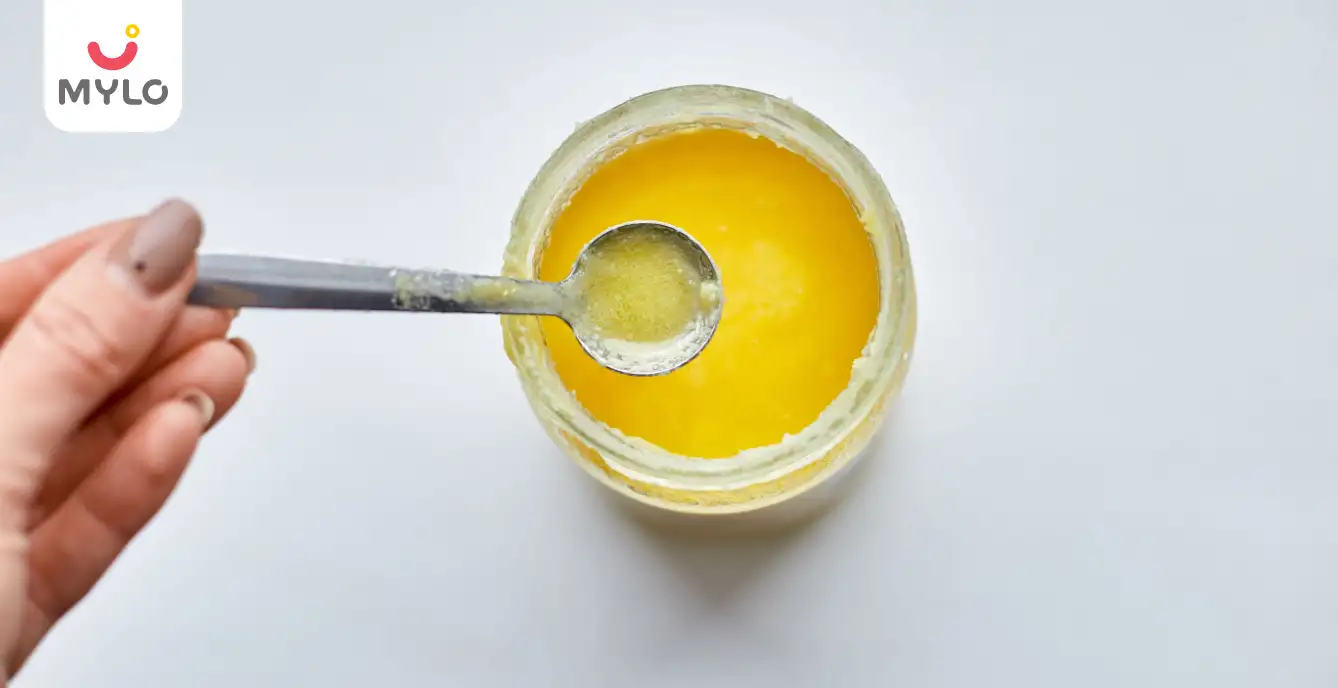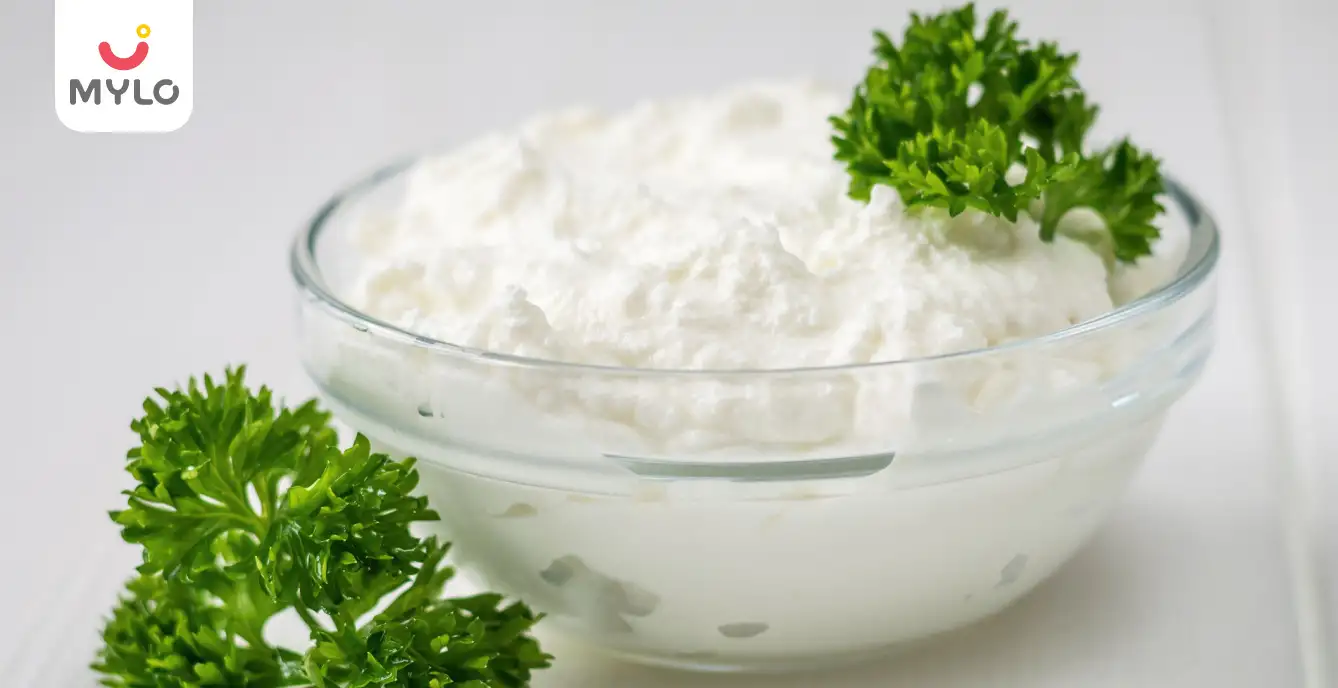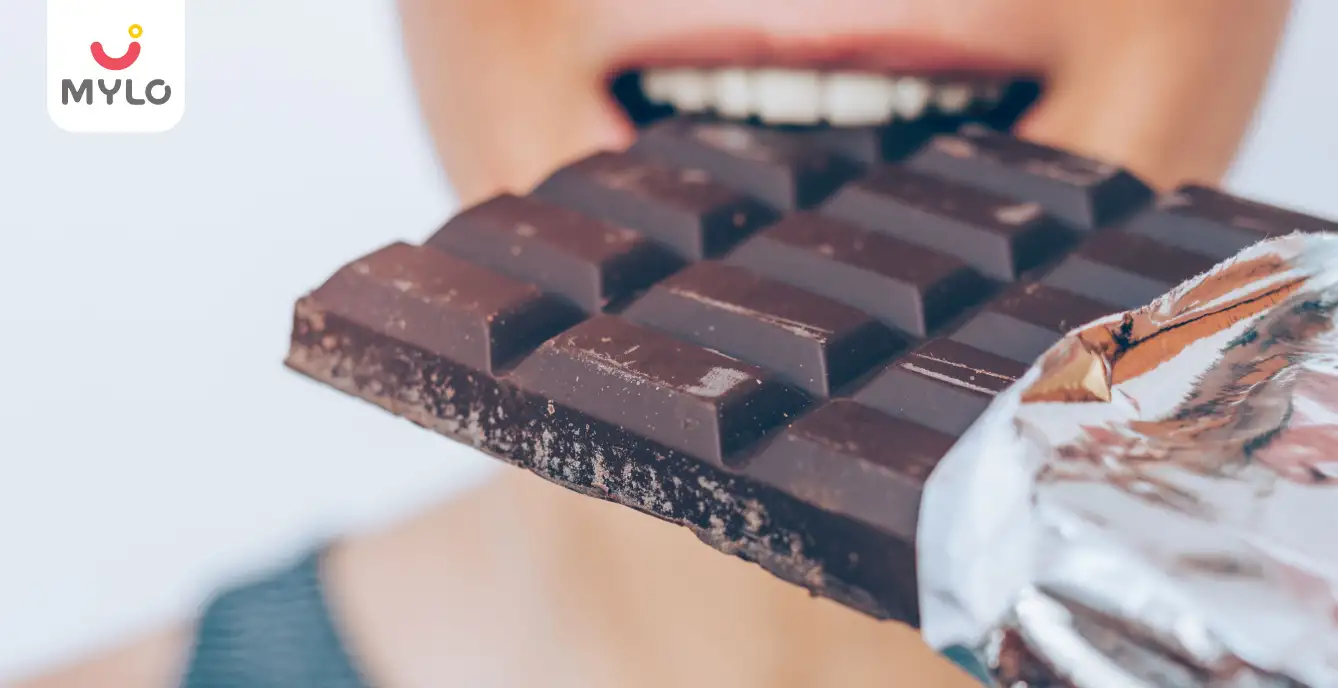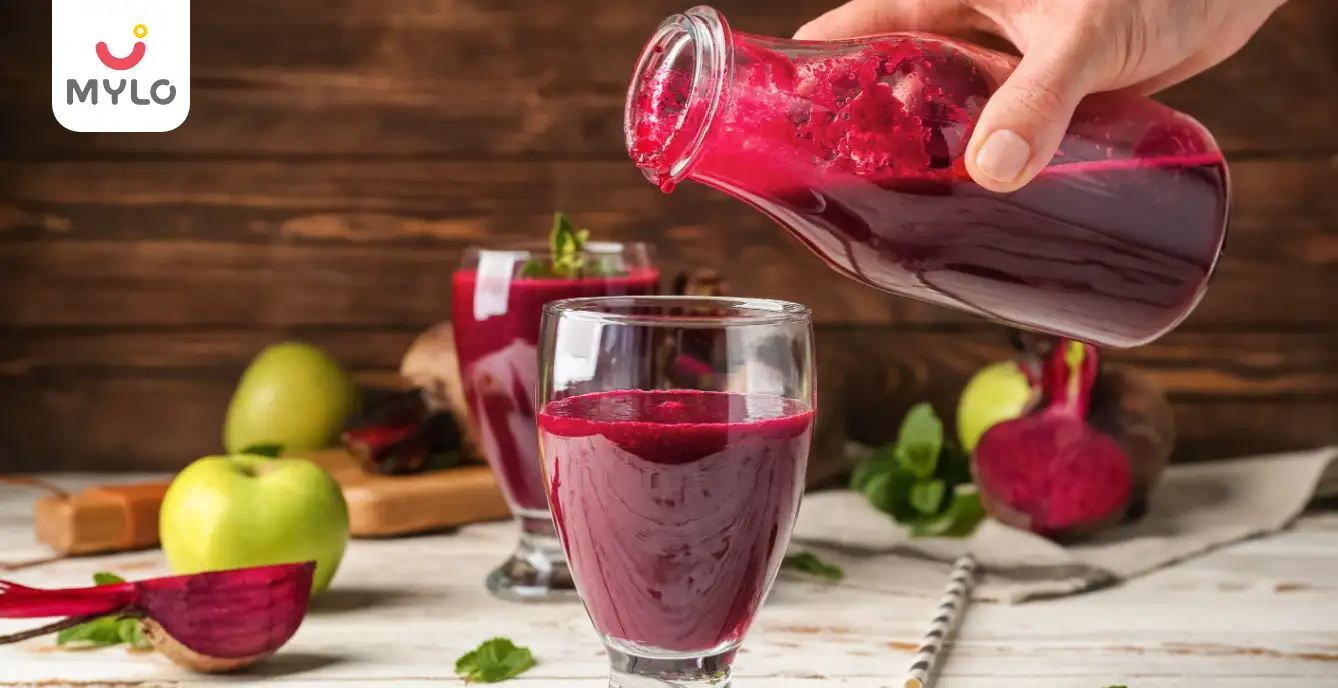Home

PCOS & PCOD

PCOS Pain: The Ultimate Guide to Causes and Effective Management
In this Article

PCOS & PCOD
PCOS Pain: The Ultimate Guide to Causes and Effective Management
Updated on 26 September 2023



Medically Reviewed by
Dr. Shruti Tanwar
C-section & gynae problems - MBBS| MS (OBS & Gynae)
View Profile

Polycystic Ovary Syndrome (PCOS) is known to bring along pesky symptoms like irregular periods, hormonal imbalance, acne and unwanted hair. But on top of these symptoms, some women may also experience PCOS pain. In this article, we will understand if it’s normal to experience pain with PCOS, the common PCOS pain areas, their causes and strategies for management.
Does PCOS cause pain?
One of the most frequently asked questions by women with PCOS is whether the condition causes pain. While pain is not a direct symptom of PCOS, it can be indirectly related to the hormonal imbalances and other associated factors. Many women with PCOS experience pain in various areas of their body, such as the lower abdomen, stomach, back, hips, and breasts.
You may also like : PCOS Exercise: Your Guide to Sweating Away PCOS
Can PCOS cause painful periods?
Yes, PCOS can cause painful periods. Women with PCOS often have irregular menstrual cycles, and this irregularity can contribute to more intense and painful periods. The hormonal imbalances associated with PCOS can lead to the overgrowth of the uterine lining, resulting in heavier and more painful periods. Additionally, the presence of ovarian cysts, a common characteristic of PCOS, can also contribute to PCOS period pain.
You may also like : PCOS and Thyroid: Understanding the Complex Relationship and Finding Solutions
What are some common PCOS pain areas?
Let us understand some common areas and body parts where women with PCOS might experience pain:
1. PCOS pain in lower abdomen
Many women with PCOS experience pain in the lower abdomen. This can range from mild discomfort to severe cramping. The exact cause of this pain is not fully understood, but it is believed to be related to the hormonal imbalances and the presence of ovarian cysts. The pain may be intermittent or chronic and can significantly impact a woman's quality of life.
2. PCOS stomach pain
Stomach pain is another common complaint among women with PCOS. This pain can be caused by various factors, including digestive issues, bloating, and inflammation. Additionally, insulin resistance, which is often present in women with PCOS, can contribute to gastrointestinal discomfort and pain.
Maintaining a healthy diet and managing insulin levels through medication or lifestyle changes can help alleviate stomach pain associated with PCOS.
3. PCOS back and hip pain
Back and hip pain are frequently reported by women with PCOS. The exact mechanisms behind this pain are not fully understood, but it is believed to be related to the hormonal imbalances and the presence of ovarian cysts.
Additionally, weight gain and insulin resistance, which are common in PCOS, can contribute to musculoskeletal pain. Gentle exercises, such as yoga or swimming, along with proper posture and regular physical activity, can help alleviate back and hip pain.
4. PCOS breast pain
Breast pain, also known as mastalgia, is another symptom that some women with PCOS may experience. The exact cause of breast pain in PCOS is unknown, but hormonal imbalances and fluctuations, as well as increased sensitivity, may play a role.
It is important for women with PCOS to perform regular breast self-examinations and consult with their healthcare provider if they experience persistent or severe breast pain.
You may also like : PCOS Mood Swings: The Ultimate Guide to Causes and Strategies for Relief
Effective ways to manage PCOS pain
Understanding does PCOS cause pain and the common areas of pain is important in order to understand to how manage this pain:
1. Healthy lifestyle changes
Adopting a healthy lifestyle can have a significant impact on managing pain. This includes maintaining a balanced diet rich in fruits, vegetables, lean proteins, and whole grains. Regular exercise, stress management techniques, and adequate sleep are also crucial for pain management in PCOS.
2. Pain medication
Over-the-counter pain medications, such as nonsteroidal anti-inflammatory drugs (NSAIDs), can provide temporary relief from pain. However, it is important to consult with a healthcare provider before taking any medication to ensure proper dosage and to rule out any potential interactions with other medications.
3. Hormonal therapy
For women with PCOS who experience severe pain, hormonal therapy may be recommended. Birth control pills or other hormonal medications can help regulate menstrual cycles, reduce pain, and manage other PCOS symptoms. It is essential to discuss the potential risks and benefits of hormonal therapy with a healthcare provider.
4. Alternative therapies
Some women find relief from PCOS pain through alternative therapies such as acupuncture, chiropractic care, or herbal supplements. Although the effectiveness of these therapies may vary from person to person, it is important to consult with a qualified practitioner before trying any alternative treatment.
5. Mental health support
PCOS can take a toll on a woman's mental health. Seeking support from a therapist, joining support groups, or practicing stress management techniques like meditation or mindfulness can help cope with the emotional impact of PCOS and its pain.
Final Thoughts
PCOS pain can be a challenging aspect of the condition, but with the right management strategies, it is possible to find relief and improve overall quality of life. By understanding the causes and implementing effective management techniques, women with PCOS can take control of their pain and live a fulfilling life. Remember to consult with a healthcare provider for personalized advice and guidance on managing pain.
References
1. Lu KT, Ho YC, Chang CL, Lan KC, Wu CC, Su YT. Evaluation of Bodily Pain Associated with Polycystic Ovary Syndrome: A Review of Health-Related Quality of Life and Potential Risk Factors. Biomedicines.
2. Tahir MT, Shamsudeen S. Mastalgia. (2022). In: StatPearls [Internet]. Treasure Island (FL): StatPearls Publishing





Medically Reviewed by
Dr. Shruti Tanwar
C-section & gynae problems - MBBS| MS (OBS & Gynae)
View Profile


Written by
Anupama Chadha
Anupama Chadha, born and raised in Delhi is a content writer who has written extensively for industries such as HR, Healthcare, Finance, Retail and Tech.
Read MoreGet baby's diet chart, and growth tips

Related Articles
Related Questions
Influenza and boostrix injection kisiko laga hai kya 8 month pregnancy me and q lagta hai ye plz reply me

Hai.... My last period was in feb 24. I tested in 40 th day morning 3:30 .. That is faint line .. I conculed mylo thz app also.... And I asked tha dr wait for 3 to 5 days ... Im also waiting ... Then I test today 4:15 test is sooooo faint ... And I feel in ma body no pregnancy symptoms. What can I do .

Baby kicks KB Marta hai Plz tell mi

PCOD kya hota hai

How to detect pcos

Related Topics
RECENTLY PUBLISHED ARTICLES
our most recent articles

Leisure
10 Best Mystery Books to Read in 2023

Books
10 Best Non-Fiction Books to Read in 2023

PCOS & PCOD
Is Ghee Good for PCOS: The Ultimate Guide to Benefits and Ways to Consume

PCOS & PCOD
Is Curd Good for PCOS: The Ultimate Guide to Debunking Myths and Discovering Benefits

Diet & Nutrition
Dark Chocolate for PCOS: Unlocking the Potential of a Guilt-Free Indulgence

PCOS & PCOD
Beetroot for PCOS: Discovering a Natural Approach to Managing Symptoms
- Soy for PCOS: Should You Eat it or Avoid It?
- Cinnamon for PCOS: Discovering the Natural Support You've Been Missing
- When Do Babies Start Walking?
- The Ultimate Guide to 4th Month Pregnancy Symptoms
- Your Guide to 2 Months Pregnant Symptoms: What to Expect
- The Ultimate Balanced Diet Chart: Your Guide to Optimal Nutrition
- Mundan Ceremony: A New Parent's Guide to Customs, Traditions and Celebrations
- Dates for PCOS: How to Harness their Health Benefits
- Coconut Water for PCOS: Discovering the Natural Support You've Been Missing
- Everything You Need to Know About the Length of Vagina
- Herbs for Male Fertility: Exploring Herbal Solutions for Male Reproductive Health
- Is Banana Good for PCOS: A Comprehensive Guide to Understanding Their Relationship
- Flax Seeds for PCOS: How This Superfood Can Improve Symptoms
- Shankhpushpi: Discover the Health Benefits of This Ancient Herb


AWARDS AND RECOGNITION

Mylo wins Forbes D2C Disruptor award

Mylo wins The Economic Times Promising Brands 2022
AS SEEN IN
















- Mylo Care: Effective and science-backed personal care and wellness solutions for a joyful you.
- Mylo Baby: Science-backed, gentle and effective personal care & hygiene range for your little one.
- Mylo Community: Trusted and empathetic community of 10mn+ parents and experts.
Product Categories
baby carrier | baby soap | baby wipes | stretch marks cream | baby cream | baby shampoo | baby massage oil | baby hair oil | stretch marks oil | baby body wash | baby powder | baby lotion | diaper rash cream | newborn diapers | teether | baby kajal | baby diapers | cloth diapers |




